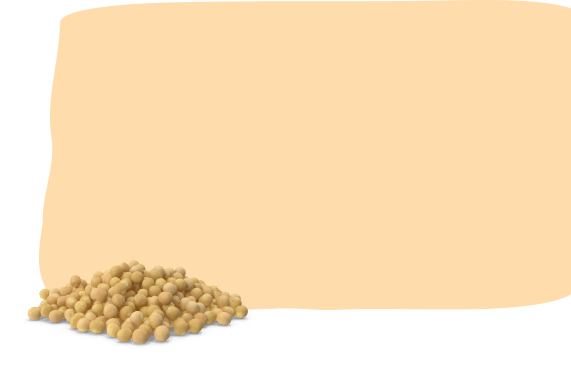The truth about plant protein
Alpro Foundation's annual online symposium 2022. Dietary guidelines recommend increasing the consumption of plant-based foods and lowering the consumption of animal-based foods both for health benefits and environmental sustainability. But a main concern amongst the public and also some healthcare professionals is often "what about the protein quality of plant-based diets?"
Summary
This e-symposium reviews the protein and amino acid intakes in western diets and provide information on the adequacy and relevancy of plant protein and differences in country specific recommendations.
It addresses specific needs and considerations in relation to muscle protein synthesis, particularly in sports and in older adults.
It also tackles the health and environmental aspects of moving to more plant-based diets (with the emphasis on protein).
Finally, the widespread challenge – HOW do we help people move towards a more plant-based diet and at speed - is discussed. This includes inspiration and signposting for the practical consumption of more plant-based proteins that professionals can use in their daily communications.

Agenda
Chair's welcome and introductions

Professor Ian Rowland, Emeritus Professor of Human Nutrition, University of Reading
Professor Rowland’s main research area is the impact of plant-based eating and phytochemicals on health, particularly cancer and cardiovascular disease. He has published over 400 papers and has an honorary doctorate from University of Gent for his work on nutrition and cancer. He is chair of the Alpro Foundation Scientific Advisory Committee.

Elphee Medici Nutrition Expert, Nutrilicious
Elphee Medici is a nutrition expert with over 30 years’ experience working in the NHS, industry and freelancing. She supports Nutrilicious as a Nutrition Communications Consultant on scientific and consumer communications relating to nutrition, health and sustainability – including soya. Core expertise includes critiquing scientific research, interpreting findings in context of practical implications and authorship of various evidence-based reports.
Protein intake and needs in the Western diet

Dr Colleen Deane, Registered Dietitian
This session will cover: What is the current balance of animal vs plant protein in the western diet? Do we eat sufficient protein? Protein quality (AA score, PDCAAS, DIAAS) Is the scoring fit for purpose? Nitrogen balance in humans. Plant proteins and essential amino acids – which plant proteins score best? Whole diet approach versus complementary proteins – is complementary protein needed anymore? Country-specific recommendations. The role of the non-essential amino acids eg arginine. What are conditionally essential AA in terms of nutritional, metabolic and functional perspectives. Balanced amino acid provision in the diet. Is total protein versus protein type key for building muscle? What could the ideal plant protein blend be. A whole diet approach? Plant protein and health outcomes.
Plant protein and sports

Professor Benjamin Wall, Professor of Nutritional Physiology, Sport and Health Sciences, University of Exeter
This session will cover: muscle mass, strength, and recovery; how do plant proteins compare to animal protein; total protein versus protein type for building muscle; is resistance training more relevant than protein type?
Nutrition and plant proteins in later life

Professor Lisette de Groot, Professor in ‘Nutrition and Ageing, with due attention for older adults’, Wageningen University, The Netherlands
This session will cover: Sarcopenia; longevity and plant-based eating; how do plant proteins compare to animal protein?
Protein shift for planet-based diets

Dr Corné Van Dooren, Senior advisor sustainable diets, WWF-NL
This session will cover: impact of protein production on planetary boundaries; is there sufficient plant protein production to feed the world population; results of simulation / optimisation studies; adequate protein intake in an environmentally sustainable way; what is the ideal plant-protein ratio in the diet for planet and health?
How to help people move to a more plant-based diet

Dr Marie Ahluwalia, Doctor, Nutritionist, Author
This session will cover: a look at what consumers are currently eating versus what is recommended; barriers; motivators. Top tips and inspiration for – 1-2-1 situations – Gov – Organisations – Media
/f/155293/1779x1002/4f2b20f443/impact-of-plant-protein.jpg)